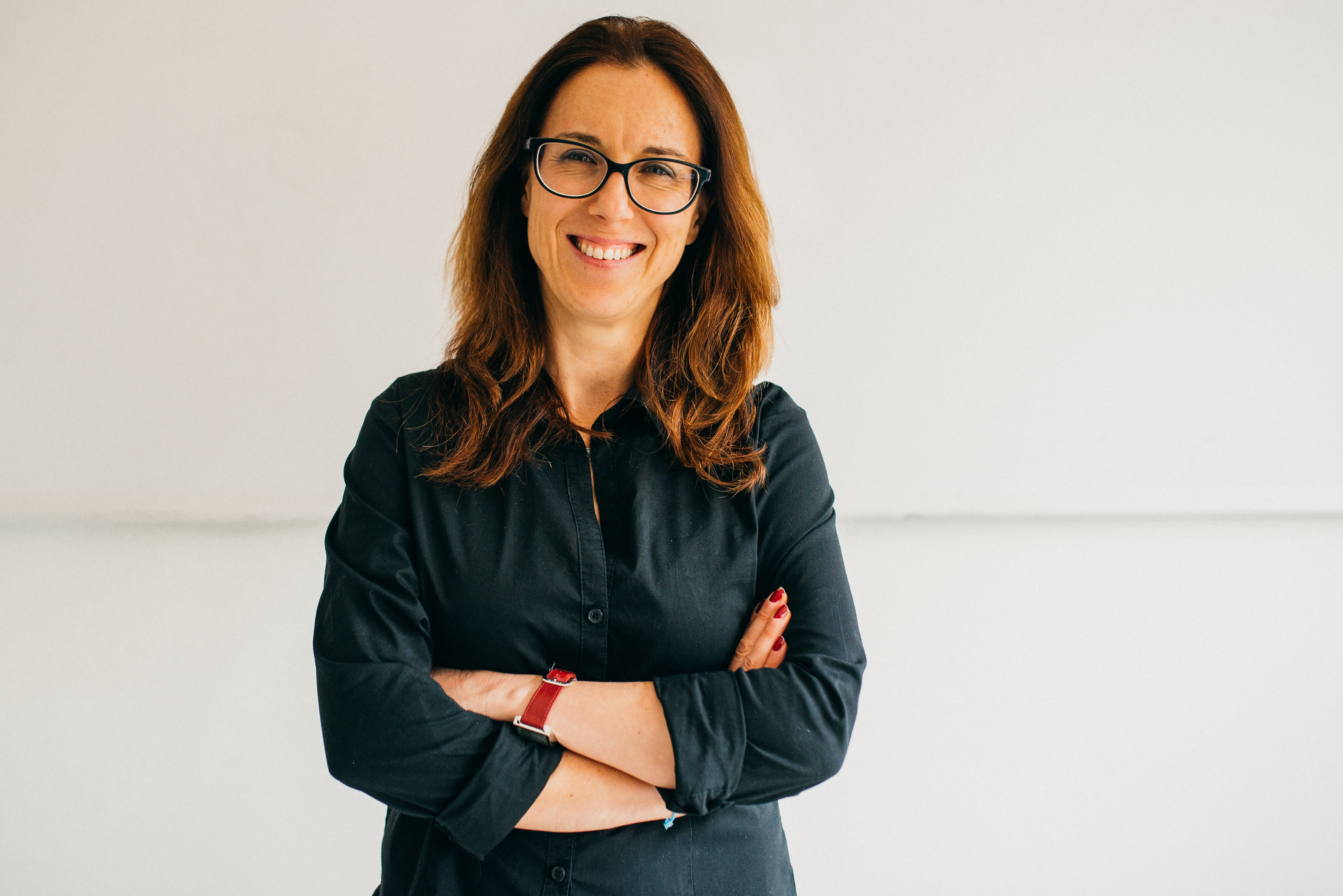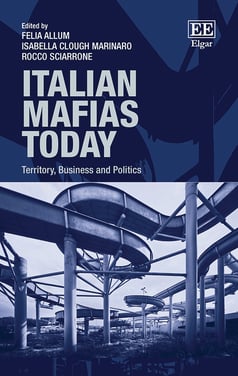

Isabella Clough Marinaro teaches courses at John Cabot University in political and social science (eg. Introduction to Sociology, Social Science Research Methods, Migration and Contemporary Society, Globalization and Crime) and with a special focus on contemporary Italy (Contemporary Italian Society, Sociology of Southern Italy, Rome Modern City, Researching Rome: Fieldwork in the City).
She has a Ph.D. from the University of Bath (2006). For many years she worked on the political and social conditions of Roma communities in Italy and the policy processes affecting them. Her current research focuses on urban development and its social consequences in Rome, as well as changing forms of crime and the informal economy in Italy. She has co-edited two books: Italian Mafias Today: Territory, Business and Politics (in press) and Global Rome: Changing Faces of the Eternal City (2014). She is now working on various articles and a single-authored book exploring multidimensional informalities in contemporary Rome.
We recently caught up with Professor Clough Marinaro to learn more about her course "Globalization and Crime" (PL/LAW 326), here's what she had to say!
Professor Isabella Clough Marinaro's Background
I have been studying rule-breaking for a long time! It all began after I finished my PhD, when my research started to focus on the economic survival strategies of some of the poorest and most socially excluded people in Rome. It became clear to me that breaking regulations and laws is too often simplified and stigmatized as “criminal”. We are too often exposed to the assumption that people who act illegally always choose to do so; that they have viable alternatives. My research was showing that this is not the case – that rule-breaking, like so much else in social life, is about power, or lack of it. Rules are often formulated in ways that advance the interests of certain actors while being very difficult for others to abide by. Who gets caught and how they are punished is often equally differentiated. So, my research started to move closer and closer to what we could call critical criminology. At the same time, I was teaching a course on Sociology of Southern Italy where, inevitably, one has to discuss the history and contemporary realities of Italy’s mafias. Here too, I was frustrated by the frequent assumption that mafias are a symptom of Southern culture, social organization or alleged “backwardness”. More and more research has shown that Italian mafias have moved to and thrived in the North of Italy and abroad, in areas which are very different, economically and culturally. These organizations have become global. From there, I started to wonder why crime, and especially criminal trades like the trafficking of humans, drugs, toxic waste, fake medicines, wildlife and antiquities flourish in certain geopolitical and social contexts more than others. So, I developed the course on Globalization and Crime, just at a time when the issue was becoming increasingly important on the international agenda: some UN agencies and many other organizations and scholars were developing ever more refined understandings of how these phenomena work. My problem today is that there is so much really great material out there that I often struggle to pick what to have my students read.
The Challenges and Rewards of Teaching Globalization and Crime at JCU

This is my favorite course to teach! I love it and my sense is that my students get a lot out of it too. It reveals the “underbelly” of contemporary global capitalism, digging deep into how our lifestyles often inadvertently fuel these criminal trades and the social inequalities that they are founded on. In class, we strip away the media sensationalism that accompanies a lot of discussion about drugs, cybercrime, sex trafficking etc., and study the much more complex social and political reasons why these criminal sectors are proving so hard to defeat. And we look for innovative ways to address them in the future. So, the course problematizes legal frameworks – national and international – and many of the traditional ways in which crime has been tackled so far. It brings together economics, legal studies, politics, geography, sociology and anthropology to allow students to analyze how crime works from every perspective.
At the same time, there are some frustrations. These are the same ones that anybody studying crime has to deal with. Since criminals tend to not want their activities unveiled, there is a real lack of reliable data in this field and – because it is very dangerous to do field research in these sectors – a lot of criminal activities are still very hidden. Often, you have to piece together a mosaic with a lot of the tiles missing. But this is also what makes the field so fascinating, and it is evolving fast and in very exciting ways.
Here are some recent comments from students themselves in their course evaluations:
- I think this is a very original class that helps students to get to know many critical issues that are usually not discussed in academic courses.
- This class has given me direction for my life.
- The course is incredibly straightforward and clear. I would absolutely recommend it to anyone interested in learning about crime, global politics, economics, politics, or anything in that family.
- The discussions in class were amazing! Gathering perspectives from my peers on their different viewpoints was a great way to learn about how many things play into specific issues.
At my home college there is no course like this one, which is why I decided to take it. After taking it, I am amazed that this is not a common course. It was fascinating!
Outcomes JCU Students Can Expect from This Course
Because this class is so multidisciplinary, students doing various different majors – International Affairs, Political Science, International Business, Art History and others – have found it really stimulating. It sheds a new light on how business, politics and international relations work; how technology is transforming the way criminal organizations operate and all the different aspects of our lives and jobs that may be affected by them. Students tell me that it really opens their eyes to so much of our social and economic realities that they were unaware of. One of the most exciting outcomes of this class is that a number of students have gone on to study global crime and security at graduate school and are already beginning careers in fighting this phenomenon.
Read more of Professor Clough Marinaro's work here to learn more about her book Italian Mafias Today: Territory, Business and Politics.
Are you interested in studying Political Science and Legal Studies at John Cabot University in Rome, Italy? Contact admissions@johncabot.edu today!





